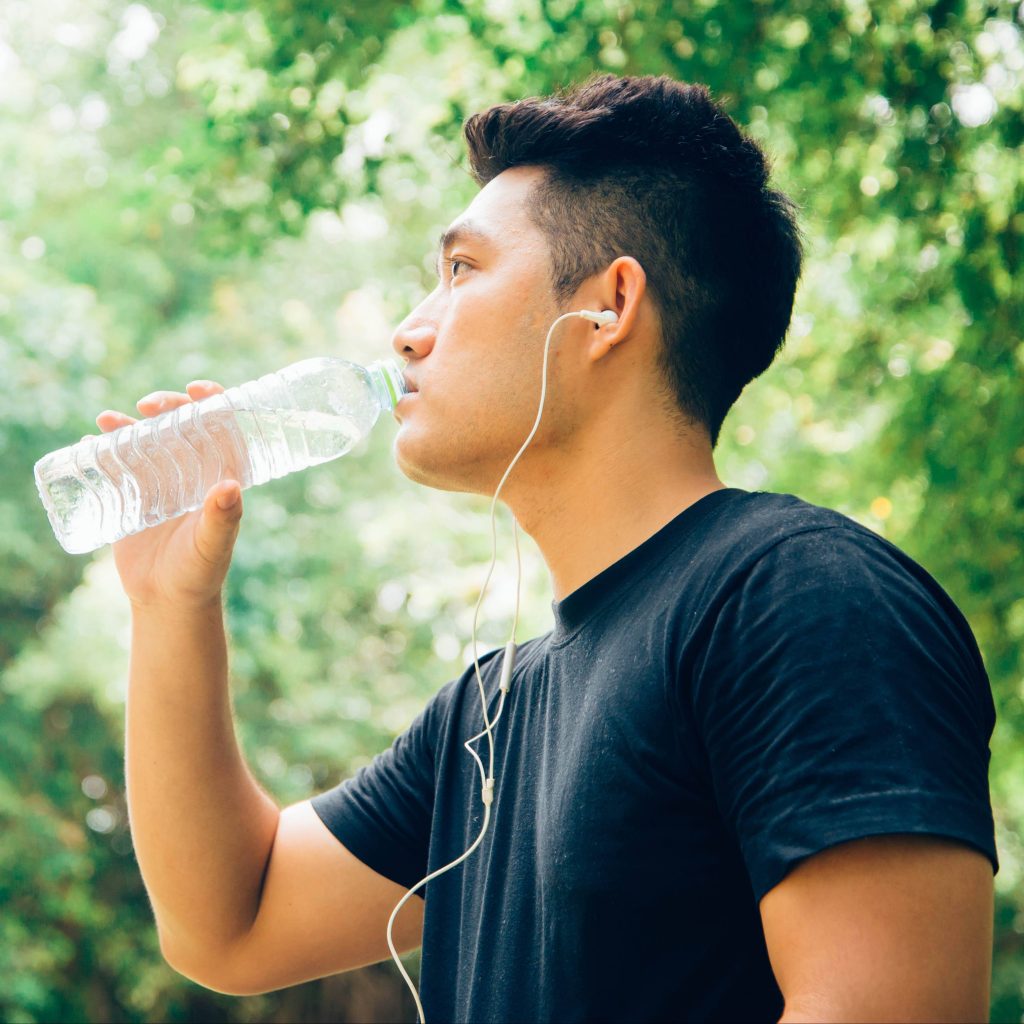This content is courtesy of Mayo Clinic, the No. 1 hospital in the world according to Newsweek. The Baton Rouge Clinic is a member of the Mayo Clinic Care Network. This relationship provides us with access to information, knowledge and expertise from Mayo Clinic.
Heat-related illnesses, like heat exhaustion and heatstroke can be life-threatening and often prevented.
Heat exhaustion
Heat exhaustion can happen when your body becomes dehydrated and loses too much water and salt, as a result of high temperatures and humidity.
Those most at risk are older adults, those with high blood pressure and those who are working outside. Left untreated, heat exhaustion can progress to more severe heat-related illness, a heat-stroke.
Heatstroke
Heatstroke is caused by your body overheating, usually as a result of prolonged exposure to or physical exertion in high temperatures. This most serious form of heat injury, heatstroke, can occur if your body temperature rises to 104 Fahrenheit (40 Celsius) or higher.
Untreated heatstroke can quickly damage your brain, heart, kidneys and muscles. The damage worsens the longer treatment is delayed, increasing your risk of serious complications or death.
Preventing heat-related illness
-
- Stay cool. Stay in air-conditioned buildings as much as possible. If you do not have air conditioning, consider a shopping mall or public building such as a library to help cool down. Do not rely solely on box fans during extreme temperatures.
- Older adults over the age of 65 may not tolerate sudden changes in temperature as well as younger people. Check on them more frequently. Ensure they are drinking enough water.
- Stay hydrated. Don’t wait until you are thirsty. Water and sports drinks are the most effective warm-weather drinks.
- Avoid alcohol as it can actually make you more dehydrated.
- Eat lighter meals.
- Wear light-weight clothing, or loose-fitting clothes.
- Protect yourself against sunburn. Sunburn affects your body’s ability to cool itself. Wear sunscreen and sunglasses to protect your eyes and skin.
- Avoid being outside during the hottest of part the day.
- Check on friends, family and neighbors. Ask them to do the same.
- Make sure your pets have plenty of water.
- Do not leave anyone or pets alone in a vehicle. Each year, multiple children die after being left in hot cars. This is never a safe practice — even if you crack the windows.
- Stay informed. Watch your local news and weather for updates.

Stay hydrated. Don’t wait until you’re thirsty to drink.
Preventing illness is not always possible. Seek immediate medical attention if you are concerned someone is showing signs of a heat-related illnesses including a heat-stroke. Those signs and symptoms may include fever of 104 degrees Fahrenheit (40 degrees Celsius) or greater, confusion or agitation, heavy sweating and vomiting.